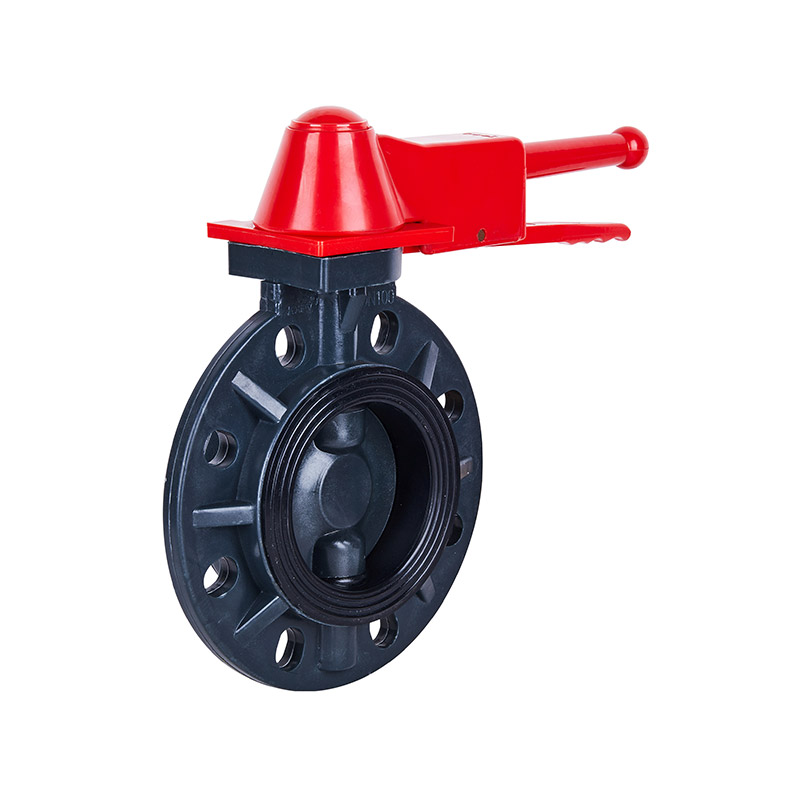Chemical Valves and Chemical Valve Pipe
There are many different types of Chemical Valves. One important type is a butterfly valve. This valve is used in food and beverage applications. In the chemical industry, it is typically used in systems that are subjected to caustic chemicals, such as chlorine. It is also used in various kinds of corrosive liquids. The most common types of butterfly valves are ball, gate, and plug. The following is a short description of each of the four types.
For most chemical applications, a valve needs to be pressurized to ensure that it will function properly. A barrier fluid is generally used in these applications. The barrier fluid will not leak into the process, but will leak into the surrounding area. Double containment piping is necessary for this application. The most common type of barrier fluid is water, or a water/antifreeze mix. When the pressure is high enough, it will be able to completely seal the valve.
The other type of chemical valve is a double-acting valve. These are designed to react to caustic chemicals and high pressure. The barrier fluid should be higher in pressure than the process fluid to avoid leaking and damage to the environment. This type of valve should only be used when the process fluid is not in use. However, if the chemical in question is a highly toxic one, the double containment piping should be employed.
When choosing a Chemical Valve, you should consider its main function. This is the most important thing to remember when choosing one. A good example of this is that a chemical job valve should be able to withstand caustic chemicals and high pressure. But when the pressure is too great, the fluid can be damaged and leak. If the flow is too low, then the fluid will flow in the opposite direction of the valve.
Another example is a chemical valve that contains a barrier fluid. The barrier fluid is often a chemical that will react with the valve. In these cases, the chemical valve is the first part of the system to respond to the process fluid. It is the last piece of the pipe that reacts to the process fluid. Depending on the nature of the job, the Chemical Valve Pipe may contain a chemical that is not safe for the environment.
A chemical valve is a type of valve that has a variety of functions. A chemical job valve is designed to resist a high-pressure environment while still allowing it to flow through the pipe. When this is done, the valve can be used to transfer different types of chemicals. Once a gas has been introduced into the piping, it may become diluted. The barrier fluid must have a greater pressure than the process fluid to avoid leakage.



 英语
英语 西班牙语
西班牙语 阿拉伯语
阿拉伯语 简体中文
简体中文











